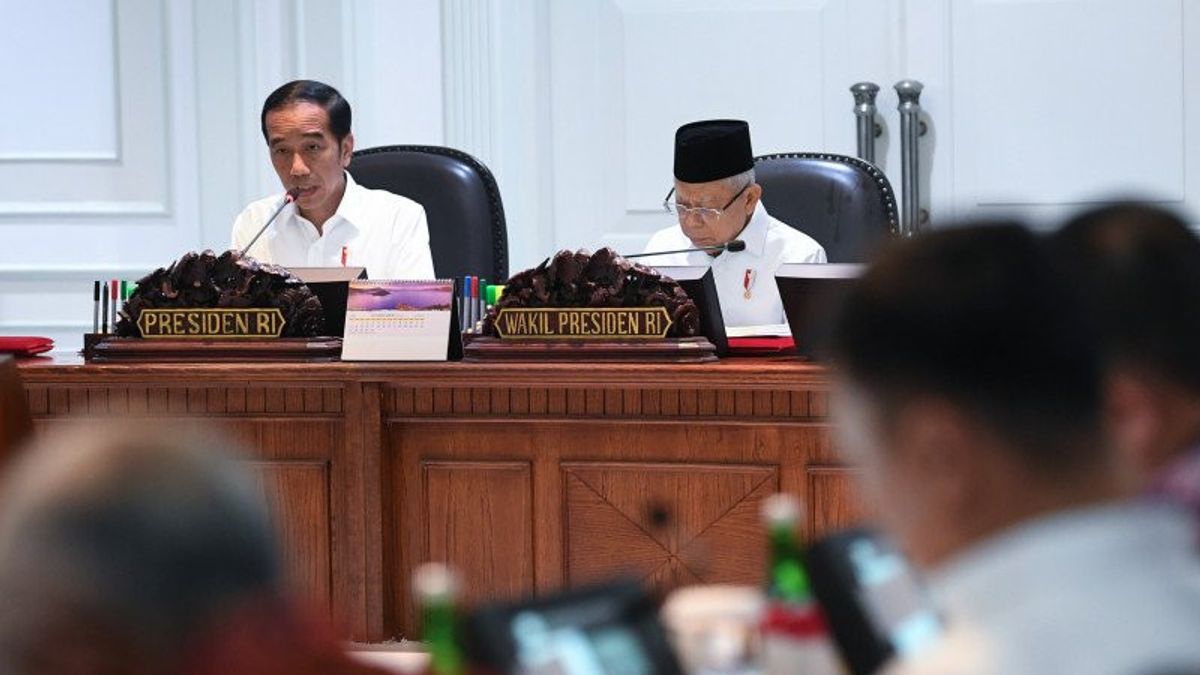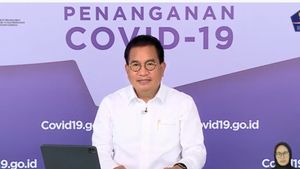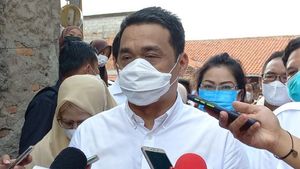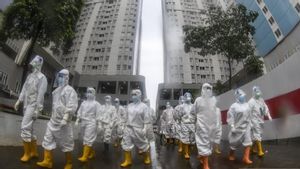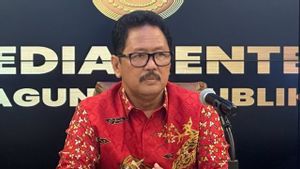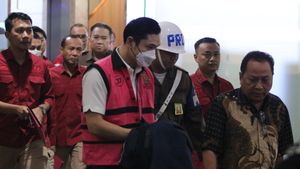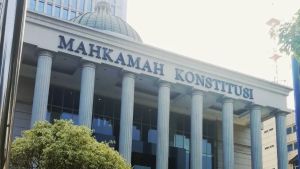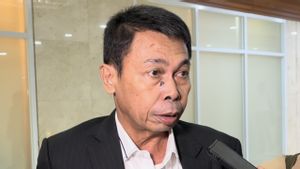JAKARTA - Indonesia Corruption Watch (ICW) researcher Kurnia Ramadhana said the eradication of corruption during the administration of President Joko Widodo (Jokowi) experienced serious problems. For ICW, there has never been a serious implementation of eradicating corruption.
"The eradication of corruption has been limited to lip service recently. It is limited to writing on paper without any concrete implementation," said Kurnia in a discussion entitled Historical TWK of the KPK and the Big Map of Weakening Corruption Eradication which was broadcast on Sahabat ICW YouTube video, Thursday, October 21.
According to him, the weakness in efforts to eradicate corruption is due to the process being carried out and supported by the political elite who sits in the government as well as the House of Representatives (DPR).
"The government and the DPR are the masterminds behind the collapse of the eradication of corruption in Indonesia," said Kurnia.
He asked the government to immediately take concrete policies related to eradicating corruption, including the Corruption Eradication Commission (KPK). Kurnia said, this needs to be done in order to prevent the decline in Indonesia's Corruption Perception Index (CPI) which is believed to happen again.
In fact, Indonesia's GPA score in 2020 was at 37 or down three points compared to 2019 which was at 40.
"Sometime in the future we will see again how Indonesia's GPA has decreased in 2020 and now there is no concrete policy from the government regarding the strengthening of the KPK, so we believe that our GPA will fall, followed by the democracy index and others," said Kurnia.
SEE ALSO:
Strengthening the Corruption Eradication Commission (KPK), he continued, is something that should be a concern because so far there has been a crackdown on the institution, including regarding independence. This practice was increasingly seen in the midst of the polemic of the National Insight Test Assessment (TWK) where 58 KPK employees were finally expelled from their jobs because they did not pass.
"That there is a movement from political parties that agree with policies that weaken the anti-corruption agency. Of course, this is not the job of the KPK leadership alone but there are contributions from the government and the DPR," he explained.
"This is not the job of the KPK leadership alone, but there are contributions from the government and the DPR, of course, if we directly link the government and the DPR, they are in the regulatory phase which culminates in Perkom 1 of 2021 which contains the issue of TWK, namely the KPK Law Number 19 of 2019 or the revision of Law Number 30 2002," concluded Kurnia.
The English, Chinese, Japanese, Arabic, and French versions are automatically generated by the AI. So there may still be inaccuracies in translating, please always see Indonesian as our main language. (system supported by DigitalSiber.id)
